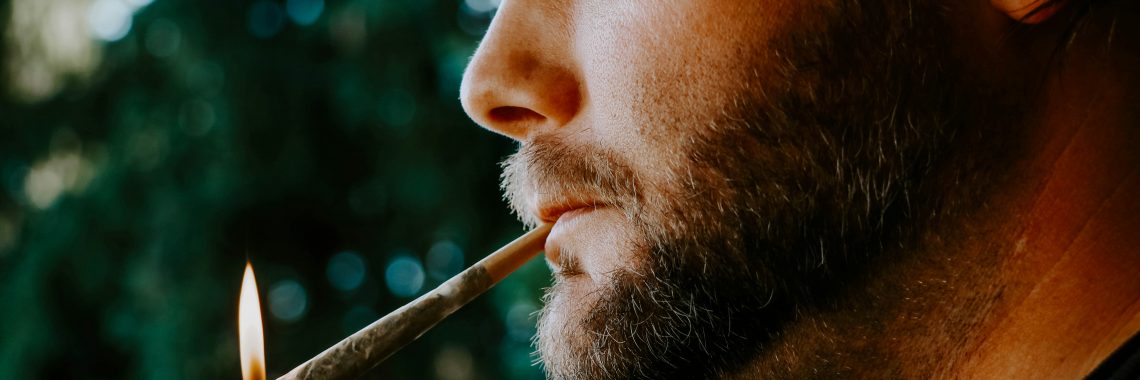Marijuana Amendment Fails to Qualify for November Ballot for Now

The following is a press release from Family Council Action Committee.
FOR IMMEDIATE RELEASE
Monday, September 30, 2024
On Monday Secretary of State John Thurston’s office announced that the Arkansas Medical Marijuana Amendment of 2024 failed to qualify for the November ballot.
Family Council Action Committee Executive Director Jerry Cox issued a statement, saying, “This is a good decision, but it’s not the final decision. Every effort to amend the state’s most important governing document, our constitution, must go through a rigorous and thorough process. The bar should be high, and any effort that doesn’t meet it shouldn’t make the ballot. Secretary of State Thurston made the right call.”
Cox went on to say, “This marijuana amendment is a fatally flawed effort to bring recreational marijuana to Arkansas. It would make more than 30 changes to Arkansas’ constitution. This amendment would give a handful of businesses a monopoly over an unregulated marijuana industry, and it would remove important restrictions that protect children from marijuana marketing. A measure this bad simply has no business being on the ballot.”
Cox said Family Council Action Committee will continue opposing the amendment in case the Arkansas Supreme Court decides to put the measure back on the ballot. “The final decision over this measure will rest with the state supreme court. Big businesses have spent nearly two million dollars working to place this marijuana amendment on the ballot. We expect them to ask the Arkansas Supreme Court to overrule the Secretary of State’s decision. We plan to continue fighting Issue 3 in case the court decides to place it back on the ballot.”
###




